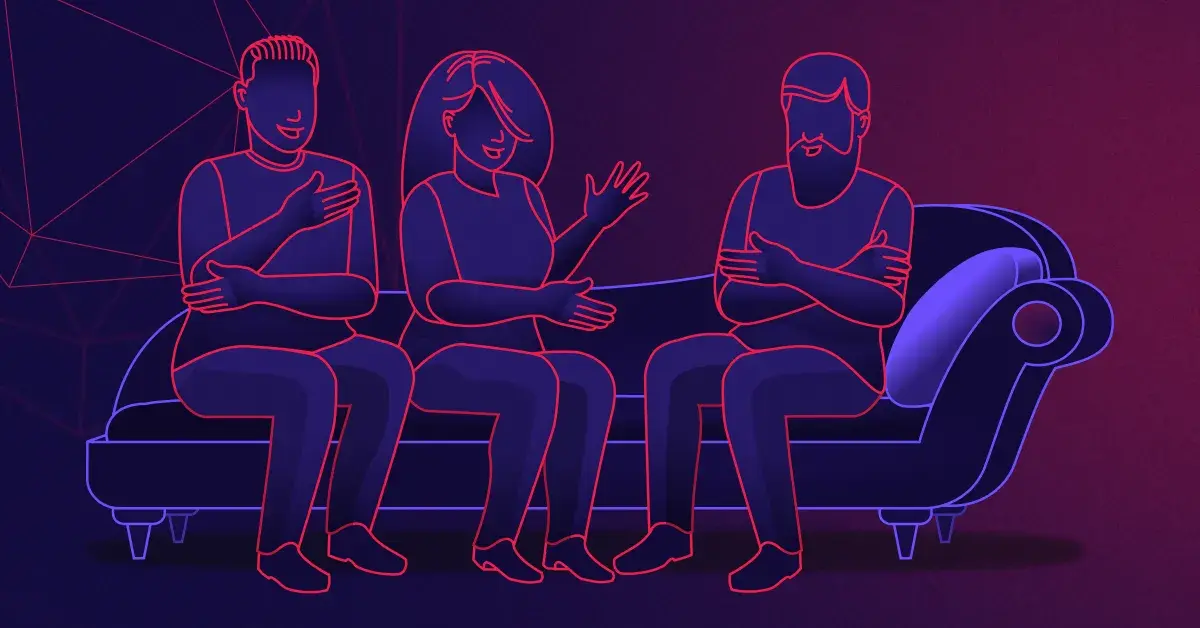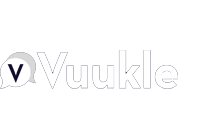
Danielle Koffler, Director of Product • 2 minute read
Can We Talk? Repairing Relationships in Programmatic Advertising

The answer isn't tech. It’s communication and commitment.
Trust is the foundation of every healthy relationship. And it doesn’t come overnight. It requires sustained effort. We have to establish our boundaries, respect them, and hold each other accountable when we make a mistake.
With this in mind, it’s clear why trust has become so elusive in AdTech.
We work within a system that was never designed to enforce anything, only to ask nicely. The hard thing about programmatic is that everything is a polite request with no real strong ways to make anyone comply. Companies like Confiant exist precisely because the framework has plenty of ways to ask, but no built-in mechanisms to actually create boundaries to protect people or publishers.
The programmatic ecosystem operates as a chain of polite requests—from publisher to SSP, from SSP to DSP—but with no enforcement when those requests are ignored. Publishers, the ones closest to the user and traditionally the caretakers of the digital experience, have extended trust, only to watch it be disregarded. They pass bid requests with clear intentions. What they get in return are creatives they didn’t invite, some irrelevant, some annoying, and some outright harmful.
Just because you were invited into the room, doesn't mean you have permission to rearrange the furniture.
Every day, publishers invite programmatic partners into their digital spaces with clear expectations—family-friendly content here, no expandables there, nothing that will slow down the page. But too often, what shows up doesn't respect those boundaries. The 'guests' rearrange everything to suit their own needs, leaving publishers to clean up the user experience afterward.
This industry began as a relationship of convenience. It was scalable, fast, and “efficient,” but it lacked relational intelligence. While information could be passed via the OpenRTB framework, there was no systematic way to ensure these boundaries were respected or that intentions were clearly communicated across the entire chain.
As our industry has grown up, we’ve come to want the same fundamental things: To create value. To be recognized. To be trusted. To be respected.
When those needs go unmet, the relationship breaks down for everyone.
The user loses trust.
The publisher loses control.
The SSP risks losing its relationship with the publisher.
The DSP faces scrutiny for letting problematic ads into the ecosystem.
And the advertiser, often operating at a distance, may never know their brand was the one that disrupted the experience.
What follows is a familiar pattern: a breakdown in communication, a blame game, and an ecosystem where accountability is diffuse, and trust erodes across the board.
So what now?
Every crisis in a relationship is also an invitation—to reflect, to rebuild, and to choose differently.
At Confiant, we believe it’s time to move beyond this broken dynamic.
Here's the thing: this only changes if internal policies at SSPs and DSPs change to reflect reciprocal trust. We work with amazing SSPs and DSPs, platforms that are genuinely committed to doing right by their partners and consumers. They work hard to draw that line and hold it. But not every platform does this, and there are so many SSPs and DSPs pushing ads into programmatic advertising.
It's hard to remove demand. It's hard to create these policies. And it's especially hard to hold the line when teams within your own platform are asking you to bend the rules.
So let's support the unsung heroes on ad ops teams, ad quality teams, and security teams who work every day to hold that line. They're the ones fighting to make programmatic work for everyone, not just the highest bidder.
Trust isn’t a feature.
It’s a relationship—one that requires ongoing effort, communication, and a willingness to repair when things go wrong. If we want this one to last, programmatic advertising needs to start showing up differently.
What do you think?
If programmatic advertising were in couples therapy, what would it finally admit, and who would be ready to listen?



